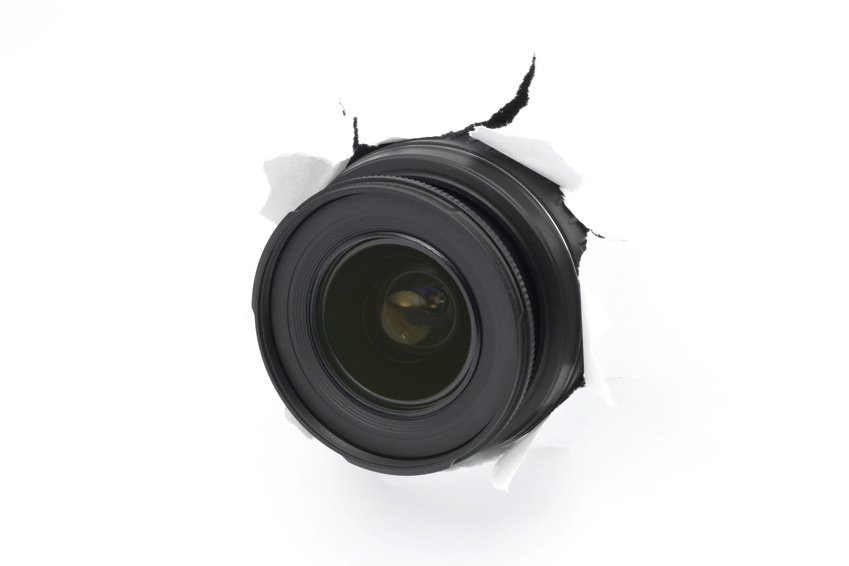Damages awarded for the recording of intimate activities without consent but with limited broadcasting

In the recent case of L.D. c. J.V., Superior Court judge Lukasz Granosik awarded damages to a plaintiff after the defendant recorded their sexual activities without her knowledge and consent, in a situation in which there was limited broadcasting of the recording.
The plaintiff knew that the defendant had in his possession certain videotapes of his intimate relations with other sexual partners, but he had assured her that he would never record their sexual activities. One day, in the absence of the defendant, the plaintiff took his USB key and decided to view its content on a portable computer. Two of her friends arrived when she began viewing the recording, and they all watched the video together, and realized that the defendant had been video recording one of his intimate relationship with the plaintiff. The recording was done surreptitiously by a camera which had the LED light disabled, meaning that the camera did not indicate that it was on.
Judge Granosik found that the recording by the defendant, which was done without the plaintiff’s consent and without her knowledge, was an infringement of her right to privacy. He also found that the defendant had not adequately protected the video recording, allowing the plaintiff’s friends to view the recording.
Still, this case is somewhat different than other more typical revenge porn cases in the sense that the broadcasting was limited. In order to determine the amount of damages that should be awarded in this case, the court did review other similar cases. It considered the case of M.(M.) c. V.(S.), J.E. 99-375 (C.S.), in which the Superior Court had to consider a case involving the surreptitious video recording of a roommate in the bathroom with a hidden camera which was operated remotely. The Court had awarded moral damages of $10,000 and punitive damages of $7,000.
Another case considered was the case of Pelletier c. Ferland, in which the defendant had recorded the plaintiff without her knowledge, while she was in a closed room removing her swimsuit. The defendant had then handed a copy of the recording to some of the plaintiff’s friends. Since the recording was discovered ten (10) years after the facts, and given the young age of the parties at the time (the defendant was 18 years old) as well as the limited broadcasting of the recording, the defendant was sentenced to $16,000 in moral damages and $3,000 in exemplary damages.
While in the case at hand, there was no evidence that the recording was broadcasted on the Internet, the fact remained that it was reasonable to fear that other copies of the recording existed, which could be viewed by others. The court found that the plaintiff was entitled to $29,000 in moral damages as well as $3,000 in punitive damages.
This content has been updated on May 1, 2015 at 21 h 16 min.